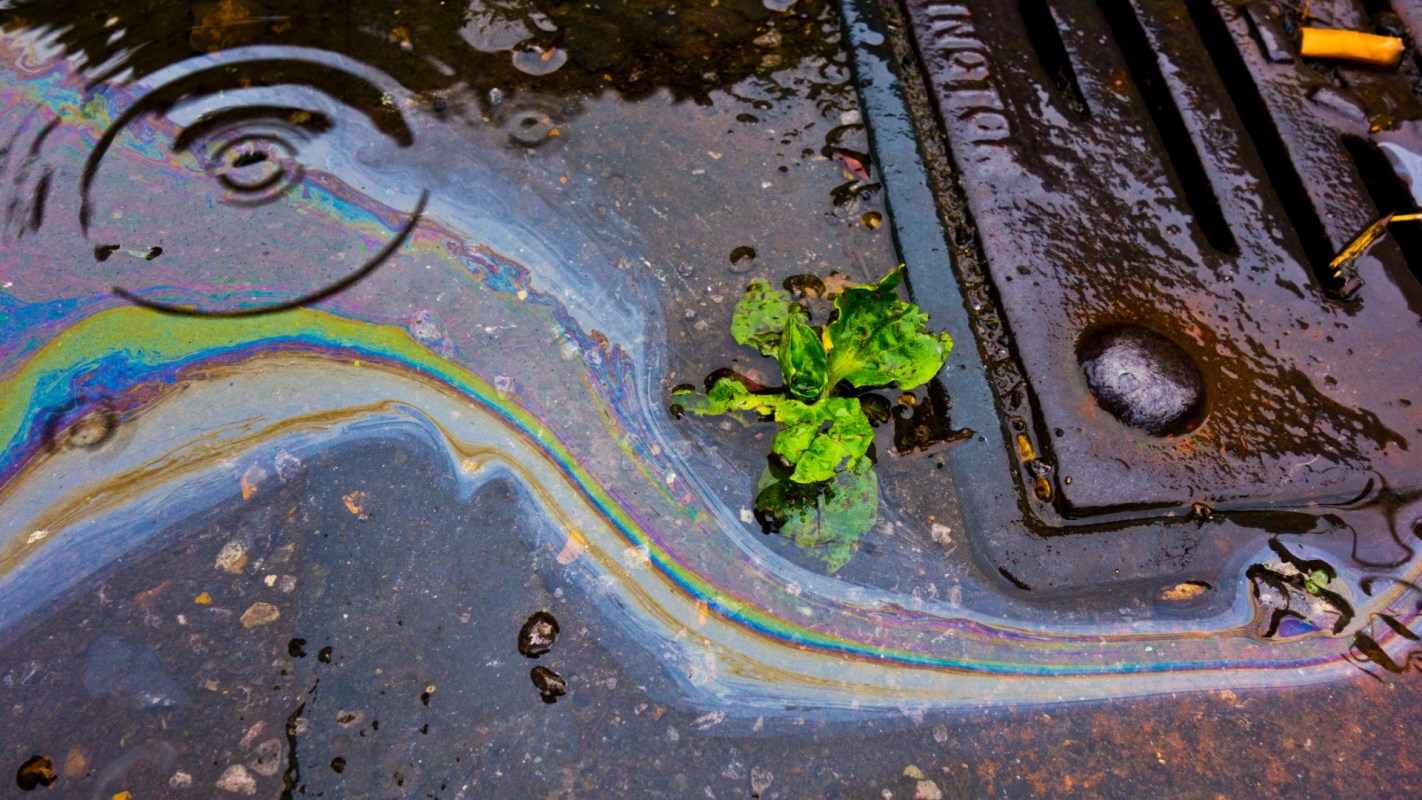Oil companies in West Texas generate almost 40 billion gallons per year of contaminated "produced water," Inside Climate News reports. To get rid of it, they pump it back into the ground.
But landowners in the region say the produced water may be contaminating the aquifers they rely on for drinking water and for raising crops.
What's happening?
Produced water is a byproduct of oil extraction methods common in the Permian Basin region of West Texas. It's made up of contaminated water from inside the underground oil pocket and the water and chemicals the drilling company injects into the ground. It is toxic and even sometimes radioactive, according to Inside Climate News.
To get these billions of gallons of produced water out of sight, Inside Climate News reports that oil drilling companies create "injection wells." These are pockets of water underground, separate from the freshwater aquifers that fill ordinary water wells.
In theory, these injection wells should be sealed off from other water sources forever. But farmers in the area are deeply concerned that earthquakes could lead to leaks — and some think they already have.
Inside Climate News cites the case of Ashley Giesbrecht, who lost 130 acres of crops around one of his 32 water wells with no explanation as to why. Another farmer, David Shifflett, claims that oil companies will "ruin" the water in the area.
"If they ruin the water out here, there won't be anyone left," he told Inside Climate News. "This will be a desert with no inhabitants. It's only a matter of time."
Why are injection wells an issue?
A main problem is earthquakes. An earthquake could fracture the stone and concrete that traps the produced water. This would irreversibly destroy the local aquifers and make farming in the area impossible. Even injection wells that are secure now could cause pollution decades in the future.
Not only could a natural earthquake occur at any time, but the oil drilling and injection wells in the area actually cause powerful earthquakes. The U.S. Geological Survey determined the connection between earthquakes and injection wells in 1968.
Inside Climate News reports that Permian Basin residents have experienced several in recent years, including ones that have created visible cracks.
Meanwhile, older wells in the area, which were built with lower safety standards, are already leaking, creating pools of toxic chemicals, according to Inside Climate News. Lake Boehmer is one such pond that now covers 60 acres. In other locations, the underground pollution is under so much pressure that it creates geysers.
What's the solution?
The Texas Railroad Commission is the government body responsible for issuing oil field and injection well permits in Texas. Residents have continued the legal fight against the multiplying injection wells in the area.
Join our free newsletter for cool news and cool tips that make it easy to help yourself while helping the planet.









